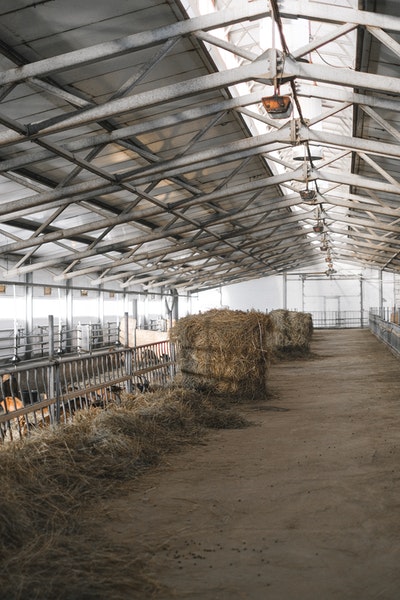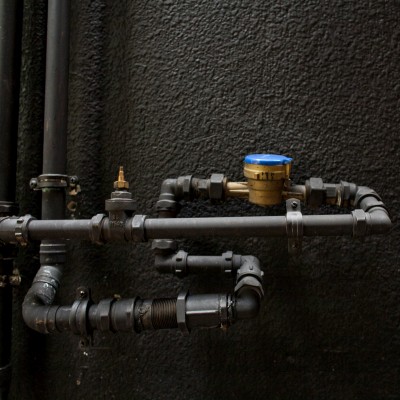6 Advantages of Steel Farm Buildings Compared to Traditional Ones

There are many choices for building materials when it comes to farm buildings.
Some of the most famous traditional options include wood and steel. These materials have their ups and downs when used for farm structures.
However, steel is the clear winner in several categories: cost efficiency, durability, and safety, among all possible advantages.
Here are the six top reasons to choose steel farm buildings.
1. Durability
Despite common misconceptions, steel buildings are more durable than their wooden counterparts. Steel is not subject to weather or environmental conditions.
It is rust-free and does not rot or warp over time. It means that steel buildings do not need to be treated with chemicals like wood structures.
Steel farm structures also resist fire much better than other types of buildings. Wooden farm buildings are more easily burnt down by starting from the inside, whereas steel melts at much higher temperatures.
For example, a metal building will not simply burn down like a wood structure would in a wildfire. In this way, it is more beneficial to farmers living in fire-prone areas!
The advantage does not just apply to wildfires, either. Rural farming areas are known for their electrical storms, and steel farm buildings will not catch fire during an electrical storm.
2. Practicality
Steel farm buildings may cost more than wood at first, but the long-term practicality of steel makes it worth the initial investment. Wood needs constant paints or stains to look presentable, whereas steel does not. The exterior of steel buildings can be left without any need for chemical treatment.
When considering such metal buildings, it can be important to understand their versatility and adaptability to different agricultural needs. These structures can accommodate different types of livestock and storage requirements, making them a durable and flexible option. Durability is not the only practical benefit of steel over wood, though! Steel buildings are much quieter than wooden structures, making them more comfortable for livestock.
The sound of storms or grain dryers can easily spook animals housed in traditional farm structures, but steel buildings offer an all-weather, relaxed environment for livestock to live in.
3. Security
Steel also offers more security than wood does for farm buildings. Metal outbuildings are not susceptible to damage from hungry animals like traditional wooden structures are.
If a horse or cow breaks down a barn door, all they will find inside is a space. Wooden buildings are vulnerable to damage or destruction from all types of wildlife, whereas metal buildings are entirely intact even after a termite infestation.
Steel farm structures are improved security for materials stored inside the building. Depending on your farm’s needs, drought or other environmental conditions can lead to a lack of feed, fuel, or other supplies.
4. Stability and Resistance to Natural Disasters
Another essential benefit of steel farm buildings is their stability and resistance to natural disasters like earthquakes and hurricanes!
Large metal structures do not need any foundation to stand, making them a lot safer during extreme weather events.
5. Maintainable and Long-Lasting
Metal is also much easier to maintain than wood is. It does not rust like steel does, which means that it will never need repainting or other types of treatment. It will not rot or warp from exposure to the elements.
Instead of applying chemicals to wood, it is much easier to wash steel buildings with a hose!
6. Easy Assembly
Metal buildings can be assembled very easily and quickly compared to wooden ones.
There is less risk of injury while assembling a metal building, making it the safer choice for farmers!






